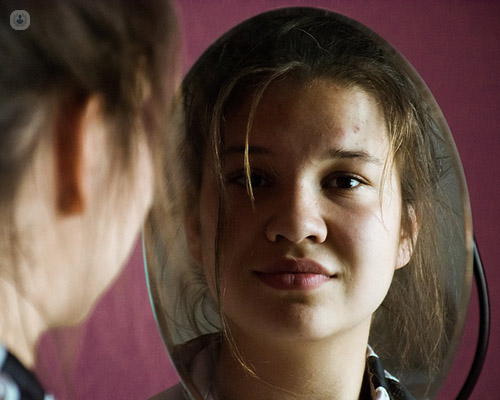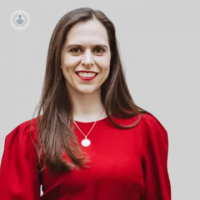Will acne go away with age?
Autore:Acne is a common condition affecting many of us in our teenage years. Most adolescents develop acne in some form, causing breakouts, oily skin, and sometimes causing pain. Acne often develops on the face, but it can also affect other areas on the body, such as the back or chest. Leading Harley Street dermatologist Dr Firas Al-Niaimi explains who is affected by acne, and the different factors affecting adolescent acne.

Who is affected by acne?
Acne can affect people from all walks of life, but it commonly affects teenagers as it is linked to hormone level changes during puberty. Girls are affected earlier than boys, but teens across both genders are affected, with an estimated 80-85% of adolescents experiencing acne breakouts. These can range from pimples and spots to more severe outbreaks, which can cause distress and anxiety.
Why are teenagers affected by acne?
Hormone levels fluctuate more dramatically in our teenage years, meaning the skin produces more sebum, and oily substance which naturally occurs in the skin and helps protect it. If too much sebum is produced, it can clog pores which stimulates a growth in bacteria. This results in blemishes, inflammation, and different types of spots such as blackheads, whiteheads, papules, or pustules developing.
In some cases, acne clears up on its own in the transition through puberty, but in other cases it can require some form of treatment to prevent it becoming chronic, or from causing permanent damage to the skin. If the acne is severe or is making you feel unhappy, seeking help from a healthcare professional or specialist is advised.
When will my acne clear up?
There is no specific age where acne appears or disappears – the acne depends on the individual, and those who have had adolescent acne have more of a chance of developing acne as an adult, often when the acne is not adequately treated. The prevalence of pimples and acne tends to be less common as you age and your hormones settle down.
Women are more likely to be affected by adult acne occurring in their 20s and beyond, due to hormone fluctuation during menstruation and during pregnancy.
If you are a young adult and you are still dealing with acne, be aware that you are not alone – while fewer adults are affected by acne, it doesn’t always go away with age. If you are concerned about your acne, or it is particularly severe, a dermatologist can work together with you to form an effective treatment plan.


